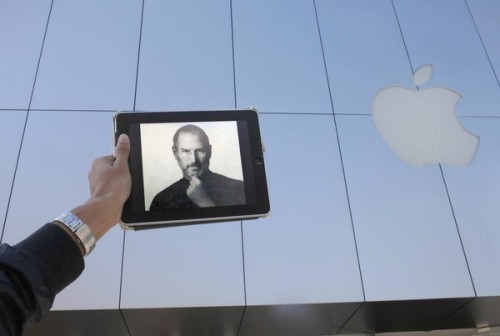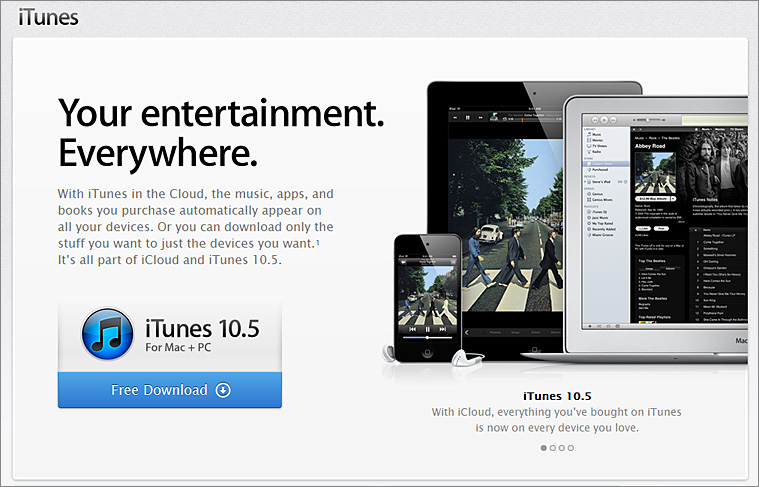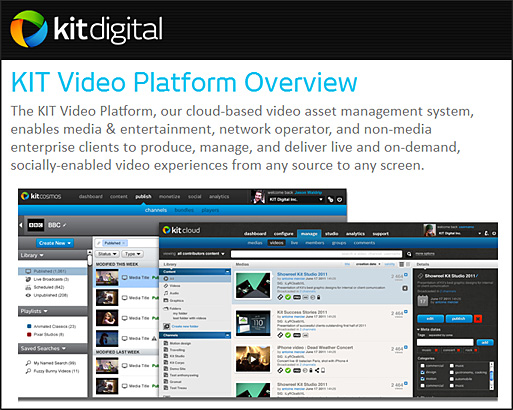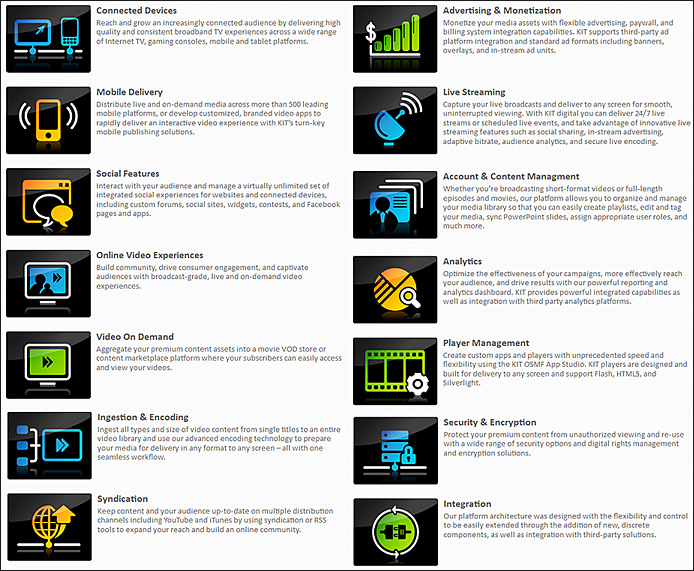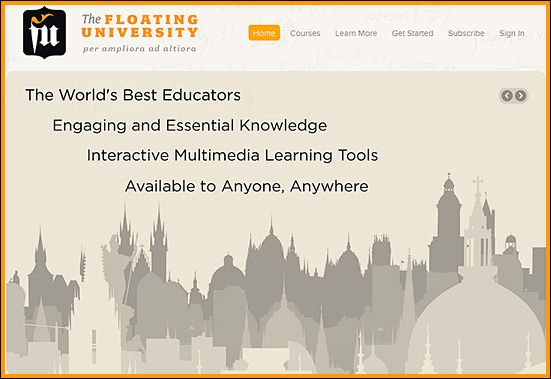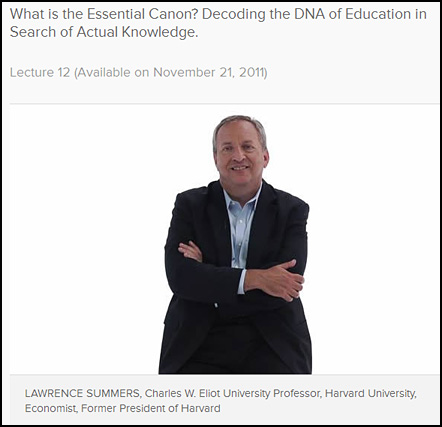How ‘big data’ is transforming business — from McKinseyQuarterly.com
Excerpt:
Right now at your own company, it’s quite possible that sensors in process machinery are collecting operational data, marketers are using location data from smartphones to demystify teenagers’ buying quirks, and data exchanges are creating networks with your supply chain partners. As an explosion of data transforms processes, corporate ecosystems, and approaches to innovation, it’s important to remember that new technologies and tools raise productivity not only because companies adopt them but also, more critically, because they enable new management practices and organizational structures. So in this month’s newsletter, we highlight a package of articles that can help executives navigate the era of big data.
- Are you ready for the era of ‘big data’?
- Competing through data: Three experts offer their game plans[with interactive video]
- Seizing the potential of ‘big data’
- How strategic is our technology agenda?












